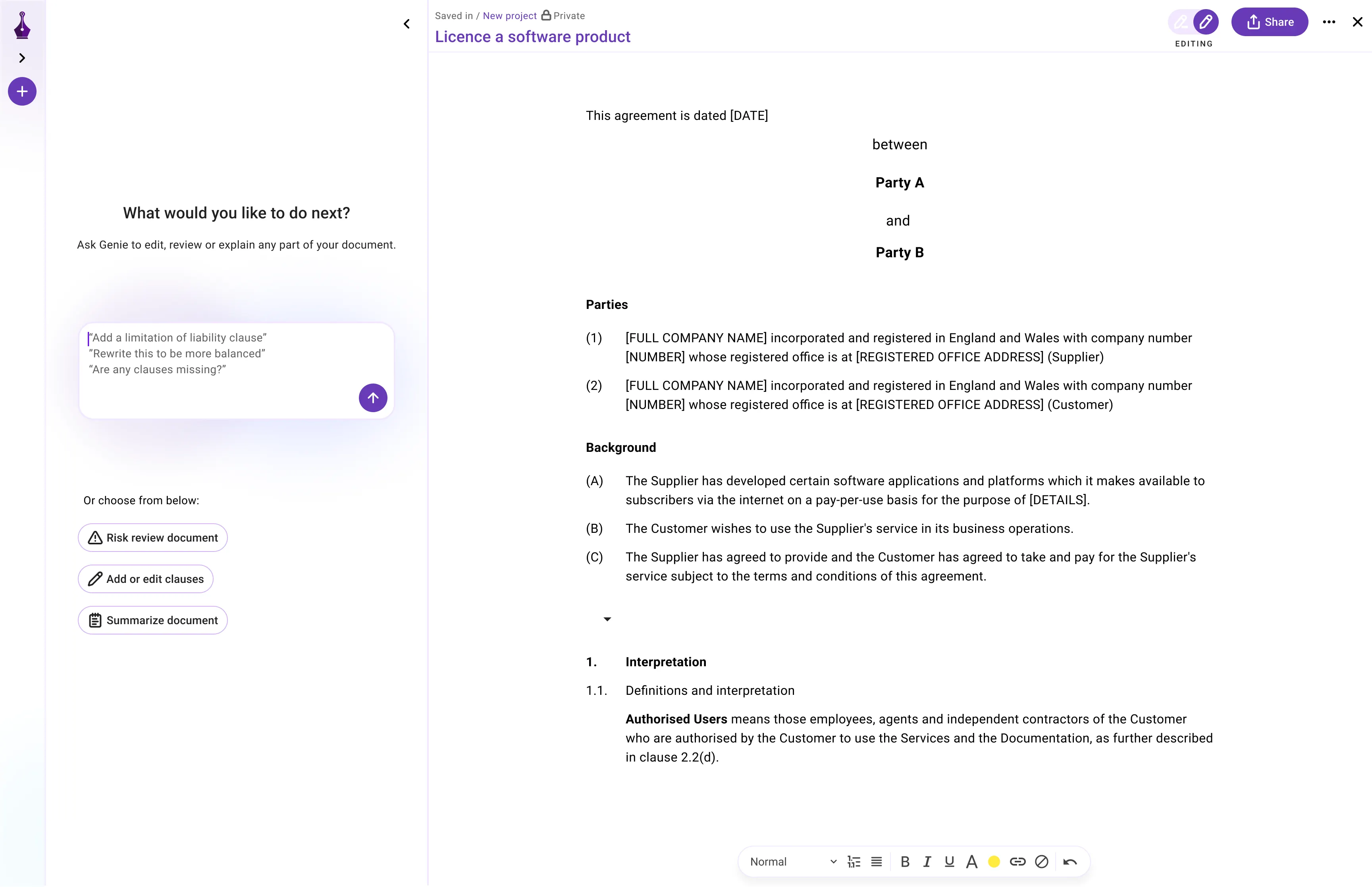
Building a successful startup typically involves hiring top-notch talent. However, startups usually face the challenge of raising enough capital to attract such talent. It’s a common practice for startups to leverage shares or options as a component of the compensation package to prospective employees.
The questions, however, is whether to opt for options or shares? In this blog, we’ll unwrap this challenging subject, laying out the pros and cons of each option. Armed with this knowledge, you’ll be in a better position to make informed decisions that strengthen the legal foundation of your startup.
Shares vs Options: What’s Essential to Know?
We must first get to grips with the concept of shares and options. A person who buys shares becomes an immediate shareholder and investor in the company, often coming with added perks such as voting rights and dividends.
In contrast, granting someone options gives them the right to purchase shares in the future. However, they don’t become a shareholder with the perks until they actually own the shares. That’s the central difference underpinning shares and options — timing.
The Four Fundamentals of Shares and Options
Conceptually, we can understand shares and options through four key dimensions:
- Company ownership
- Payment
- Vesting and Tax implications
- Incentives
Let’s dive into each of these for a clearer perspective.
Company Ownership
The holder of shares becomes an immediate owner of a stake in the company. With options, it’s a promise of ownership at a future point in time, and at a fixed price. Only when the options are exercised do holders become shareholders.
Payment
For shares, they are often issued as part of an employment contract. The holder pays a nominal value for these shares and won’t have to pay anything more in the future.
On the flip side, options holders pay no money at the point of granting or vesting. Instead, they pay the strike price when they decide to exercise their options and convert them into shares.
Vesting
Vesting refers to the period over which shares and options are ‘earned’. For shares, it’s common to uphold a reverse vesting schedule, which would help prevent a major shareholder from suddenly leaving the company and taking with them a significant stake of equity.
For options, they are earned over time, often over a three to four years, with set milestones for the employee to reach. For more insights into vesting, check out the article
Tax Implications and Benefits
The tax landscape can seem complex, but generally, issuing and allotting shares at a discount results in an immediate tax payment for both the employee and employer.
For options, no tax is paid when they are granted or vested. However, when options are exercised, the holder will pay Income Tax and National Insurance contributions (NICs) on the difference in price between the strike price and the actual market value of the shares at that time.
To armor your startup with the best tax benefits, consider the Enterprise Management Incentives (EMI) scheme. EMI is a tax-advantaged option scheme, approved by HMRC that boasts an array of benefits for both the employee and employer.
Conclusion – Opt for an Employee Option Scheme
In conclusion, when it comes to rewarding employees with equity, it’s generally more prudent to set up an employee options scheme. They come with significant tax advantages and can impart more flexibility for setting conditions around vesting and exercise.
Navigating these waters may seem hectic and expensive, but with the right support, you can create and manage your scheme efficiently.
One way to get this right from the beginning and mitigate all associated risks is to sign up for . Our AI Legal Assistant can help you with drafting, reviewing, and constructing robust legal agreements to secure the future growth of your startup. This way, you can worry less about the legalities and more about scaling up your company.
Legal Jargon Unpacked
A topic on equity compensation would be incomplete without a brief overview of the prevalent jargons and what they mean.
- Equity - A stake in your company that you give to your employees.
- Shares - Ownership in the company. Owners have rights such as voting rights, rights to dividends etc.
- Employee Share Options - The right to buy shares in the future, usually at a discounted price.
- Vesting - The process of gaining rights to shares over time. Usually through employment duration or meeting performance goals. Vesting encourages staff longevity & performance.
- Exercising - When a staff member uses their option to buy shares.
- Strike Price - The set price at which an employee share option can be exercised.
- Enterprise Management Incentives (EMI) scheme - A tax-advantaged program that allows options to be given to employees in a manner that is advantageous to both employee and employer.
This detailed conversational dive into equity compensation is especially valuable for those in the tech startup space. For instance, if you are looking for legal assistance in the retail sector, ��������Ƶ has also got your back.
And, if you want to explore more, check out the to complement your knowledge on equity and option schemes. Happy learning!
Interested in joining our team? Explore career opportunities with us and be a part of the future of Legal AI.
Download our whitepaper on the future of AI in Legal




